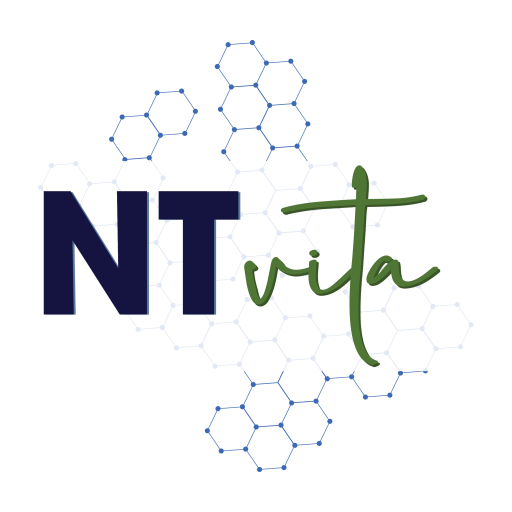Zinc is part of numerous enzymes and metabolic processes. It is the second most important trace element after iron. Zinc is predominantly taken up through meat consumption. Vegetarians suffer more from zinc deficiency due to the lower zinc content in grains. The average daily zinc requirement is between 5 mg and 25 mg (1).

What zinc does (2, 3, 4, 5)
What zinc does (2, 3, 4, 5) – Contributes to acid-base and carbohydrate metabolism.
– Contributes to cognitive functioning.
– Contributes to DNA synthesis and repair.
– It is present in the structure of about 400 enzymes.
– It has great importance on the immune system.
– It is effective on wound healing.
– It has a positive effect on the sense of smell and taste.
– It contributes to fertility and reproduction.
– It contributes to the synthesis of melatonin.
– It contributes to the detoxification of many heavy metals, especially mercury.
– Contributes to the normal metabolism of macronutrients.
– Contributes to fatty acid metabolism.
– It contributes to vitamin A metabolism.
– Contributes to protein synthesis.
– It helps to protect the bones.
– Contributes to the protection of hair. – Positively affects the function of the pancreas. – Contributes to the preservation of visual function and the treatment of visual defects and macular degeneration.
– Helps protect the nails.
– Contributes to skin protection.
– It helps maintain normal testosterone levels in the blood.
– Helps protect the immune system.
– Helps protect cells from oxidative stress.
– It plays a role in cell division.
Some Diseases and the Role of Zinc (2, 3, 4, 5)
Chronic Fatigue: Since zinc supports muscle health, it also helps muscle functions to work more properly. Therefore, zinc contributes to the relief of muscle fatigue. Moreover, zinc provides energy for the body, making it feel fresh.
Skin Care and Health: Zinc is beneficial for skin health as it supports collagen production, which is essential for skin regeneration. Hair Loss and Hair Health: Zinc, which strengthens hair and reduces the signs of baldness, is also effective in protecting overall hair health.
Hair loss and hair health: Zinc, which strengthens the hair and reduces the signs of baldness, is also effective in maintaining overall hair health.
Pregnancy: Zinc is of great importance for DNA repair and increases the growth rate of cells. It is also involved in the formation of the basic components of the cell during pregnancy. Due to all these properties, zinc is an important mineral that both the baby and the mother need during pregnancy.
Night Blindness It helps the function of enzymes that enable vision in the dark at night. In addition, the effective functioning of vitamin A depends on the presence of zinc in the body.
Sense of Smell and Taste: Taste buds and olfactory cells function with zinc support.
Helps to Lose Weight: Zinc, which is also a good supporter in getting rid of excess weight, helps to reduce appetite and thus prevents overeating.
Bone Health: Zinc activates the defense system when bone weakness and fragility develops, thanks to a component called hydroxyapatite.
Cognitive Functions: Zinc, which is found in high amounts in the hippocampus region of the brain, which controls thought and memory, ensures that the brain functions properly when an injury occurs.
REFERENCES
- Prasad AS. Zinc: an overview. Nutrition (Burbank, Los Angeles County, Calif.), 01 Jan 1995, 11(1 Suppl):93-99. PMID: 7749260
- Wolfgang M, Harold HS. Zinc requirements and the risks and benefits of zinc supplementation. Journal of Trace Elements in Medicine and Biology Volume 20, Issue 1, May 10, 2006, Pages 3-18. https://doi.org/10.1016/j.jtemb.2006.01.006
- Powell SR. The Antioxidant Properties of Zinc. The Journal of Nutrition, Volume 130, Issue 5, May 2000, Pages 1447S-1454S, https://doi.org/10.1093/jn/130.5.1447S
- Prasad AS. Zinc in Human Health: Effect of Zinc on Immune Cells. Mol Med. 2008 May-Jun; 14(5-6): 353-357. Published online 2008 Apr 3. doi: 10.2119/2008-00033.Prasad
- Black RE. Zinc Deficiency, Infectious Disease and Mortality in the Developing World. The Journal of Nutrition, Volume 133, Issue 5, May 2003, Pages 1485S-1489S, https://doi.org/10.1093/jn/133.5.1485S

